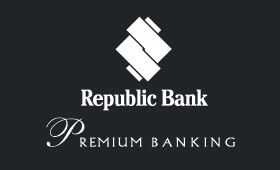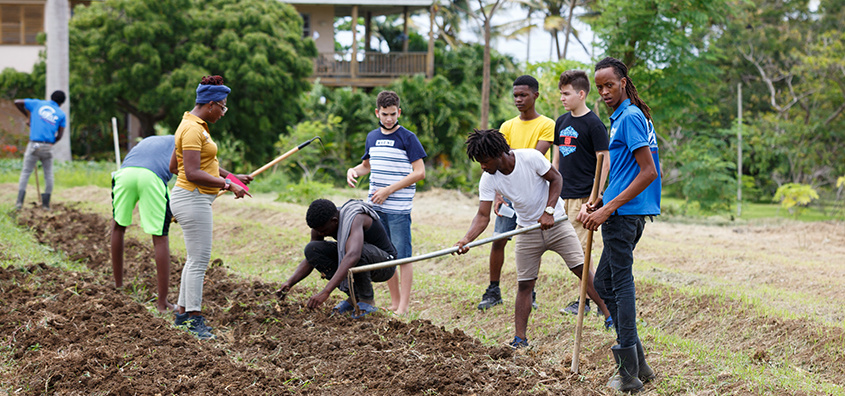-
Savings & Chequing
-
Savings Accounts
Growing up with a plan for tomorrow
Helps you to build your nest egg
Shape your future
The wise investment instrument
Chequing Accounts
Invest and enjoy the best of both worlds
A value package for persons 49 and over.
Bank FREE, easy and convenient.
Tools & guides
Make an informed decision using our calculators
Help choose the account that’s right for you
Standard banking fees and charges.
-
-
Electronic Banking
-
EBS Products
Pay bills and manage your accounts easily
Access accounts with your OneCard
EBS Products
Be able to accept any credit card payment
Access your accounts easily and securely with the convenience of Chip and PIN technology and contactless transactions.
-
-
Credit cards
-
Loans
-
overview
To take you through each stage of life, as we aim to assist you with the funds you need for the things you want to do
We make it easy, quick and affordable to buy the car of your dreams
Tools & Guides
Helps you determine the loan amount that you can afford
You can calculate your business's potential borrowing repayments
-
-
Mortgages
-
-
Premium Services
- Let's Talk Conversion
Investment by Republic Bank in a farming project created by the Barbados Youth Action Programme (BYAP) is yielding significant results, with participants now seeking to form their own company.
The Value Improvement Project, which got underway in March this year, was created in partnership with the Global Environmental Facility, the UNDP’s Small Grants Programme and the British High Commission. A cash injection from the Bank helped the BYAP to provide farming attire to the 45 participants involved in the programme. More recently the Bank also purchased a hand plough for the BYAP which will assist the young farmers with the preparation of the land in a less labour intensive way.
Second Vice President of the BYAP, Glendine Greaves, explained that the project gives participants, “a feel for what it’s like to work for themselves, what it is to grow their own harvest, produce value-added products and to take them to market”. While COVID-19 has created some challenges due to national restrictions and lockdowns, she said the participants remain keen.
“They learned about the different types of companies that can be created and they are in the process of forming a Limited Liability Company. They have come up with some brand names for the cassava flour they want to put on the market as well as for the composters they want to create and sell,” she said.
The practical element of the course takes place in Ashford, St. John. Participants, aged 16 - 35, are learning how to grow and tend their crops and how to use processes like solar drying and food processing to produce cassava flour, cereals and all natural snacks. In the classroom component of the course, they also learn soft skills that involve communication, public speaking and conflict resolution.
Greaves said the project was designed to respond to the issue of food security.
“Farmers can sometimes lose their harvests due to spoilage, so we came up with the idea of utilizing alternative energy to produce organic, value-added agricultural products. The environmentally friendly component caught the interest of donors. When we pitched the project to Republic Bank, they were very keen to support it,” she said.
In thanking the Bank for its support, she explained, “I see this as Republic Bank investing in the future. They are investing in young people, in the country and the environment. When you support projects like this that involve alternative energy, you are helping the country gain some independence from relying on foreign oil. You are also helping us to grow and secure our own food and have less dependence on imported products. All of this saves the country money. So investing in this project is a very responsible step in the right direction by Republic Bank and we thank them for their support and look forward to doing even more work with them in the future.”
Republic Bank’s Manager, Marketing & Corporate Communications, Sophia Allsopp, said the Bank is pleased with the progress the young “agripreneurs” have made.
“Some members of the Bank have already visited the farm and interacted with these young farmers. They are very impressed with what they have seen. This project has so many positive aspects to it. Participants are learning life skills, they are being taught to use clean energy processes and they are being prepared for business ownership. These young people are committed, hardworking and eager to create something of their own. How could we not support? We at the Bank believe in being transformational and this project hits all the right notes for us. We look forward to doing more with them in the near future,” she said.
Event Calendar
COMPANY INFORMATION
Banking Segments
Press & Media
Contact Us
© 2024 Republic Bank Limited. All Rights reserved.








